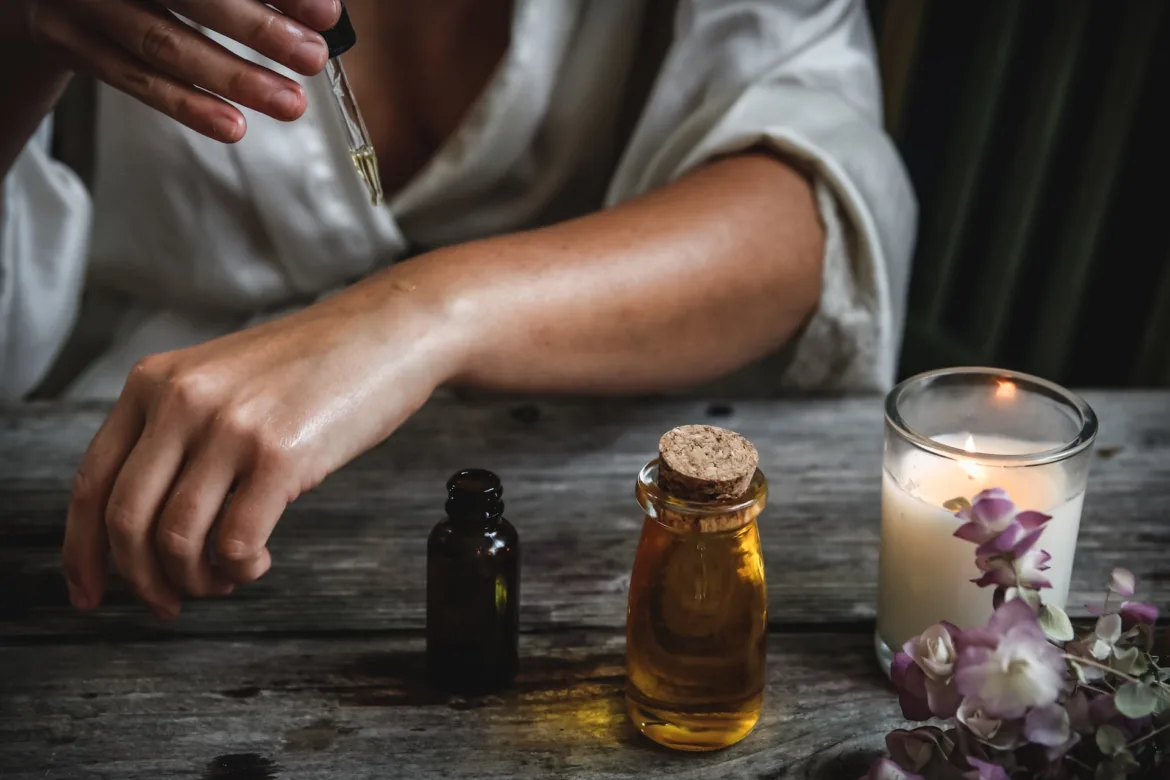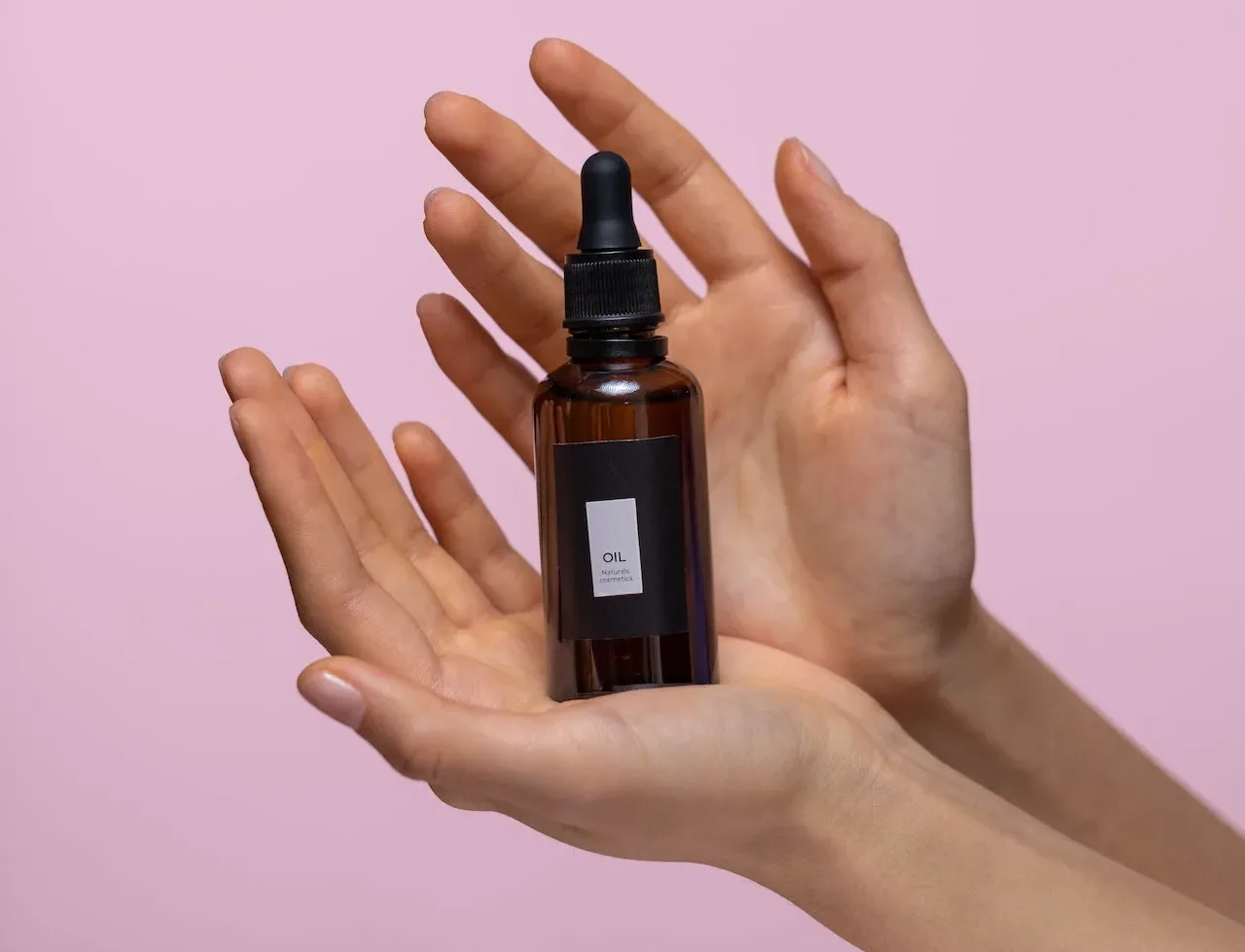Introduction
In a world where the beauty industry often bombards us with an array of chemical-laden products promising miraculous results, the allure of natural beauty tips and chemical-free skincare routines is growing stronger. Many of us are seeking a more holistic and gentle approach to taking care of our skin, one that respects our body and the environment. If you’re looking to embrace the beauty of nature and make the switch to chemical-free skincare, read on for some essential tips and tricks.
Table of Contents
Understanding the Importance of Chemical-Free Skincare
Before diving into the natural beauty tips, it’s crucial to understand why chemical-free skincare is gaining popularity. Many commercial skincare products are loaded with synthetic chemicals, fragrances, preservatives, and other additives. While these products may offer short-term benefits, they can also pose long-term risks to your skin and overall health.
Skin Sensitivity: Harsh chemicals can irritate your skin, leading to redness, dryness, or even allergic reactions. Natural ingredients are typically gentler and less likely to cause such issues.

Toxic Load: Your skin is the largest organ in your body, and it absorbs a significant amount of what you put on it. Chemical-laden products can introduce toxins into your bloodstream, potentially causing health problems down the line.

Environmental Impact: Many chemicals used in skin care products are harmful to the environment. They can end up in rivers and oceans, affecting aquatic life and ecosystems.

Natural Beauty Tips for Chemical-Free Skincare
Now, let’s explore some natural beauty tips for chemical-free skincare:
Know Your Skin Type: The first step in any skincare routine, natural or not, is to understand your skin type. Is it oily, dry, sensitive, or a combination? Knowing this will help you choose the right natural ingredients and products for your specific needs.
Simplify Your Routine: You don’t need a dozen products to achieve healthy skin. Simplify your skincare routine by using a gentle cleanser, a moisturiser, and sunscreen. Less is often more when it comes to skincare.

Choose Natural Ingredients: Look for skincare products with simple, natural ingredients. Ingredients like aloe vera, coconut oil, honey, tea tree oil, and shea butter are great options. They provide nourishment without the harmful chemicals.
DIY Skincare: Consider making your skincare products at home using readily available natural ingredients. You can create face masks, scrubs, and moisturizers using items from your kitchen, such as oatmeal, yoghurt, and avocado.

Sun Protection: Protecting your skin from the sun is crucial for maintaining its health. Opt for natural sunscreens with mineral-based ingredients like zinc oxide or titanium dioxide, which offer broad-spectrum protection without harmful chemicals.
Stay Hydrated: Drinking plenty of water is one of the simplest and most effective natural beauty tips. Hydrated skin is healthy skin, so make sure you’re staying well-hydrated throughout the day.

Balanced Diet: Your diet plays a significant role in your skin’s health. A diet rich in fruits, vegetables, and antioxidants can help your skin maintain its natural glow.
Adequate Sleep: Getting enough rest is essential for skin regeneration. Aim for 7-8 hours of quality sleep each night to allow your skin to repair and rejuvenate.

Stress Management: High stress levels can lead to skin problems. Practice stress-reduction techniques like yoga, meditation, or deep breathing exercises to keep your skin looking its best.
Patience: Remember that natural skincare often takes time to show results. Be patient and consistent with your routine, and you’ll gradually notice improvements in your skin’s texture and appearance.
Conclusion
Embracing natural beauty tips and chemical-free skincare can lead to healthier, more radiant skin while minimising potential risks to your health and the environment. By understanding your skin type, simplifying your routine, and choosing natural ingredients, you can embark on a journey to more sustainable and wholesome skincare practices. Your skin will thank you for it in the long run, as you discover the beauty of nature’s own remedies.

FAQs
Why should I consider switching to chemical-free skincare products?
Switching to chemical-free skincare products can reduce the risk of skin irritation, minimize your exposure to potentially harmful chemicals, and have a positive environmental impact. It’s a more holistic and gentle approach to skincare that promotes overall health.
Are natural skincare products as effective as chemical-based ones?
Natural skincare products can be just as effective, if not more so, for many people. The effectiveness often depends on your specific skin type and concerns. It’s essential to choose products with the right natural ingredients that cater to your skin’s needs.
What are some common natural ingredients I should look for in skincare products?
Some common natural ingredients to look for in skincare products include aloe vera, coconut oil, honey, tea tree oil, shea butter, and botanical extracts like chamomile and green tea. These ingredients offer various benefits and are generally gentle on the skin.
How can I make my skincare routine more eco-friendly?
To make your skincare routine more eco-friendly, you can choose products with sustainable packaging, support brands with environmentally conscious practices, and use DIY skincare recipes to reduce waste. Additionally, you can minimize water usage and energy consumption in your skincare routine.
Can natural skincare products help with specific skin issues like acne or ageing?
Yes, natural skincare products can be effective for addressing specific skin concerns. For acne, ingredients like tea tree oil and witch hazel have antimicrobial properties. For anti-ageing, antioxidants like vitamin C and E can help reduce the signs of ageing when used consistently. However, results may vary from person to person, and it’s essential to consult with a dermatologist for severe skin conditions.



